Not two weeks since Donald Trump’s inauguration and the damage has already begun. Via executive order, he issued an immigration ban causing chaos and protests worldwide. This order bans roughly 218 million people from entering the United States and halts admission of refugees. In addition to this ban, Trump has future plans to triple the number of ICE officers, detain and deport all immigrants, and build the infamous wall, among many other horrifying promises that will have devastating effects on immigrants and inevitably the prevalence of immigration detention.
Silvia Zuvietta-Rodriguez, Mass Story: The Texas Incarceration Maze
In October of 2016, we traveled to Austin, TX to explore the intersections of mass incarceration and mass detention. Immigration detention is the fastest growing form of incarceration in the United States, referring to the incarceration of immigrants while they await a determination of their immigration status or potential deportation. Texas is at the center of the expansion, as well as where for-profit detention centers got their start. Home to at least thirty privately operated facilities, it was a prime location to host a Mass Story Lab. Six storytellers recounted their experiences of how they were affected by incarceration and immigration detention in Spanish and English. Separation from family and harsh conditions was a common theme in their stories, revealing inhumanity and corrupt motives within the immigration detention system.
Seventeen-year-old Silvia Zuvieta-Rodriguez shared the story of her father’s detainment and eventual deportation. She spoke of the man behind his offence; how hard he worked, his crooked smile, and the way he would comfort her when she cried. Among her words of tribute, she emphasizes that she doesn’t even remember what he did. He was always her father first, never a criminal to her.
"It doesn't matter what was on [my father's] record,” she states. “That does not matter. We don't see the people behind… this thing that…. And I hate using the word criminal… we just see that title. We don't see the person behind it. The beauty. It doesn't matter what they did. We don't see the family. This man was an amazing man." -Silvia Zuvietta-Rodriguez
Silvia recounts that her father’s detainment pushed her into a severe depression, eventual suicide attempt, and psychiatric hospitalization. Once she was released from the hospital, she discovered that her father had been deported, and she didn’t get that chance to say goodbye. She expresses that ICE (Immigration and Customs Enforcement) tore her family apart.
Sadly, stories like Silvia’s are all too common. Many immigrants are ripped from their homes and placed in detention facilities. Families are broken, many of them without the ability to see their loved ones while detained. If families are able to visit, they find themselves on two sides of glass, unable to touch. Wait time can be years, and it is very rare that immigrants inside holding centers are not deported.
Among her powerful story, she shares some wise words: "I'm not defined by the best thing I've ever done. I'm not defined by the worst thing. So how come the only people that are, are the people with a criminal record? Most of us, whether we want to admit it or not, have done something that has been against the law. But we don't get punished in the way immigrants do. They're separated from their families. We don't see that. We don't think of that. We don't think that immigrants have something to lose." –Silvia Zuvieta-Rodriguez
In light of the recent inauguration of Donald Trump, action is more important now than ever. We urge you to donate to our Austin, TX partners Grassroots Leadership, continue to protest, and contact your elected officials. We can create justice for families like Silvia’s.
On Feb 4th, Mass Story Lab travels to Miami, Florida to continue amplifying the stories of people surviving at the intersections of incarceration and immigrant detention.
Visit www.MassStoryLab.com to find out how you can help us bring Mass Story Labs to 10 communities in 2017.
By Claire Zager, Mass Story Lab Intern


